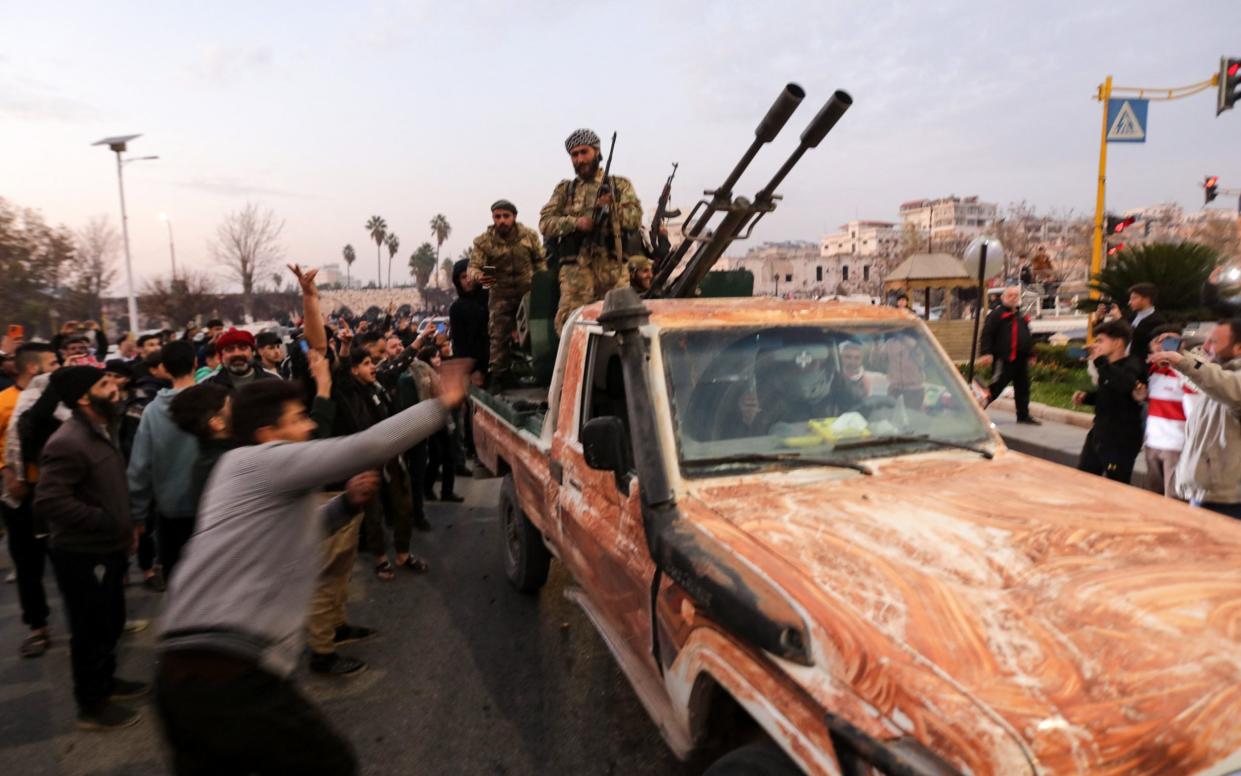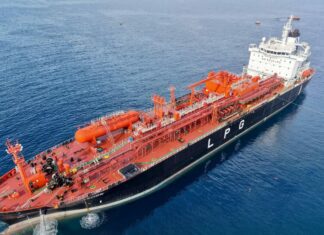
As revolutionary forces surge across Syria, regional and international reactions have intensified, highlighting alliances, concerns, and deepening divides over the fate of Bashar al-Assad’s regime.
The Syrian Salvation Government (SSG), administering much of the liberated territories, has emphasized the inclusive nature of the revolution. “This revolution is not a civil or sectarian war,” the SSG’s Political Affairs Department declared in a statement, reiterating its commitment to safeguarding minorities and facilitating the safe return of displaced Syrians. The statement also denounced Assad’s narrative of “combating terrorism,” noting his repeated terrorizing and targeting of civilians and protected infrastructure as evidence of his regime’s desperation.
Revolutionary forces continue their Repelling the Aggression campaign, having captured Aleppo, Idlib, and much of Hama, with advances toward Homs underway. Revolutionary spokespersons insist their cause is rooted in the Syrian people’s aspirations for freedom, dignity, and justice, rejecting sectarian divisions imposed by Assad and his allies.
Facing unprecedented military setbacks, Assad has turned to his regional backers. Iranian Foreign Minister Abbas Araghchi has pledged increased military support, including drones, missiles, and advisors. Tehran’s escalated involvement comes alongside reports of Lebanese Hezbollah reinforcements arriving in Homs to bolster regime defenses. “We are ready to respond to Damascus’ requests,” Araghchi said, reflecting Tehran’s concerns over losing its foothold in Syria.
In Iraq, divisions have emerged over whether to intervene militarily in support of Assad. While Iraqi Prime Minister Muhammad Shia al-Sudani hinted at possible involvement, cleric Muqtada al-Sadr warned against Iraqi meddling in Syria. Meanwhile, Iranian-linked militias, including the Hezbollah Brigades, remain vocal in their support for the Assad regime.
The Arab League had called for an emergency meeting to address the rapidly changing dynamics. A meeting of the Arab League wherein Egypt, Jordan, and the UAE were expected to back Assad diplomatically, has been postponed due to the ongoing developments.
However, revolutionary leader Abu Muhammad al-Jolani has called on regional powers to reconsider their alliances. “The Syrian people are fighting for their rights, not seeking external conflicts,” he said, urging Iraq to prevent its militias from intervening.
Russia, Assad’s primary international ally, has expressed concern over the revolutionary advances. Kremlin spokesperson Dmitry Peskov confirmed ongoing assessments and dialogues with Damascus but avoided committing to new ground support. Russian Foreign Minister Sergei Lavrov emphasized the importance of stability, highlighting the upcoming Doha meeting with Turkish and Iranian officials.
“Current events demonstrate the need for a return to the Astana process principles,” Lavrov said, reiterating Russia’s interest in maintaining its military foothold while signaling ongoing unease about Assad’s capacity to retain control.








